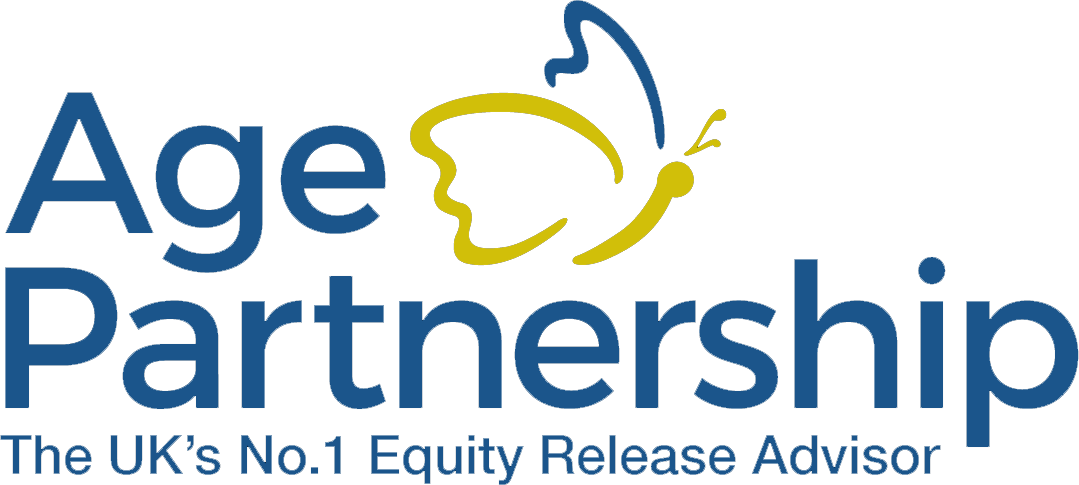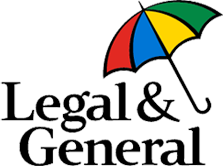Subscribe to Elephants Don't Forget
Get inspiration in your inbox.
Adrian Harvey was joined by Frank Brown – Senior Director at Hogan Lovells – for a recent webinar to discuss the critical importance of engaging the First Line of Defence.
This excerpt from our Consumer Duty discussion paper examines how firms are approaching the Duty, why it is a paradigm shift for firms, and why firms need to engage the front-line risk owners. To read the full interview, please download the paper below.
Estimated read time: 5 minutes
AH: "Undoubtedly. In our terminology, this is about leading and lagging indicators. And I see a lot of firms – it’s not a criticism, it’s a statement of fact; you have to work with the information and data that you have available to you at the time – but almost all of that data is lagging data. This means that the mistake has already been made; it’s already happened and here are the outcomes. For me, one of the fundamental challenges to how businesses operate under Consumer Duty is the requirement to get a handle on leading indicators. And when we start talking about people and Training & Competency (T&C) regimes, it requires a fundamental change in the way organisations will need to go about this."
FB: "I absolutely one hundred percent agree with that; the “leading indicators” aspect is a real mindset change for most organisations, and it’s a massive deficit for most. I mean, it’s not easy; it is hard to develop them but, without them, Consumer Duty is going to be a very difficult journey for some firms."
Critical considerations firms need to make when designing, pricing and selling products to retail customers.
Discussion topics include:
“Clever Nelly has been instrumental in reinforcing our renowned approach to individual employee learning. It ensures we can continually embed key learning concepts and quantify the impact of learning on KPIs.”
![]()










AH: "I would draw a ring around Consumer Duty and say “culture”. There are functional things that you’ve got to do but the big problem is that Consumer Duty is about the culture of a business; how they engage with their customers. So, as a board member, I’d be demanding a cultural answer. I’d be leading with it. If I’ve got any thought that the regulator is going to see my plan: “Chapter One: Culture”, because everything else sits underneath. As the regulator, I’d be asking: “how are you going to address the culture of your business?” Unless, of course, you believe your culture is already perfectly aligned to Consumer Duty."
FB: "I think that’s absolutely right. And we’ve talked about it before; the idea that culture is what happens when compliance or senior management aren’t in the room. If you’re going to actually run and embed this from a BAU perspective, if you haven’t answered those cultural questions, it is not going to get beyond a policy change realistically."
FB: "Absolutely, because this will touch all areas. In terms of engagement and buy-in from the first line, it’s incredibly important. It goes back to Adrian’s culture point and the points we were talking about earlier about “making it real” to these people, because they’re the risk owners; they’re the people making things happen for customers. It’s about asking those hard questions: “do they understand that? Have they got the capability to do it? Have they got the inclination?” And then drilling down into those clear responsibilities. So, giving people the responsibility, but also informing them they’ve got the responsibility as well.
We’ve seen challenges with some organisations where they have put together a great gap chart and responsibility matrix, but they don’t actually have the conversations with the people “on” the matrix, so it’s aspirational rather than achievable. I think there is also a danger in assuming that the consumer champion is going to be the driver and solver of this project. I mean, the expectation is that they’re going to be an independent NED and that their role is the voice of the customer on the board, as opposed to getting down into the weeds and actually making changes within the organisation.
So, all our recommendations and our conversations with people is about having those senior management functions – as ‘Heads Of’ within those operational areas – absolutely on the hook and absolutely clear that they are going to be responsible for delivering these changes."
FB: "I think the big one for me – and we’ve reflected on it quite a lot – is the aspect of “making it real” within the organisation, which reflects the culture question. You need to get all your troops pointing in the right direction of believing in it. Without that, it is not going to be effective at all."
AH: "Culture. Culture. Culture. Culture is what happens when compliance and senior management aren’t in the room. You’ve got to get a handle on your people, their competence, measure it and change it."
We financially guarantee that employees learn and retain their regulatory training and provide best-in-class evidence of employee compliance on-demand.
Elephants Don’t Forget Ltd
1 Dysart Street
London
EC2A 2BX